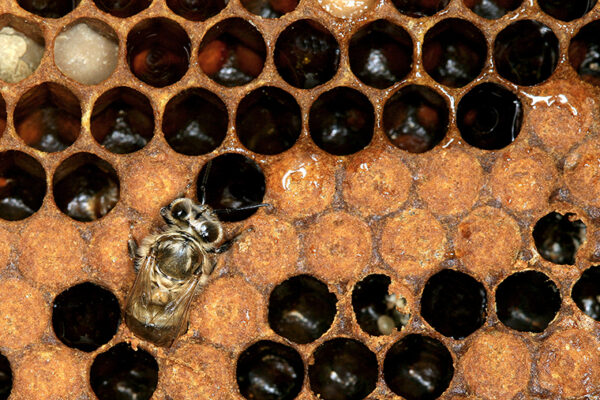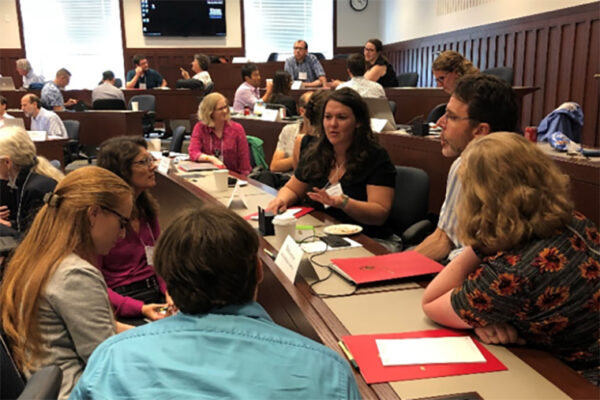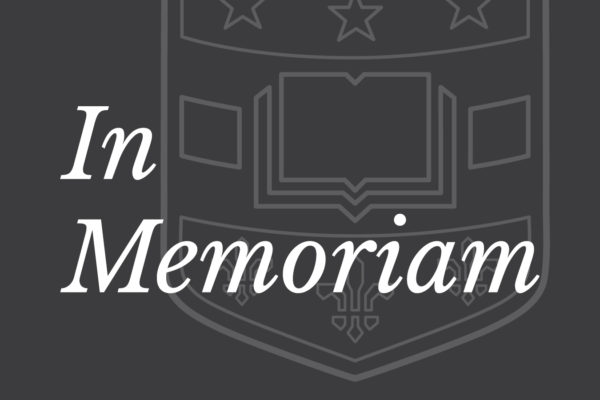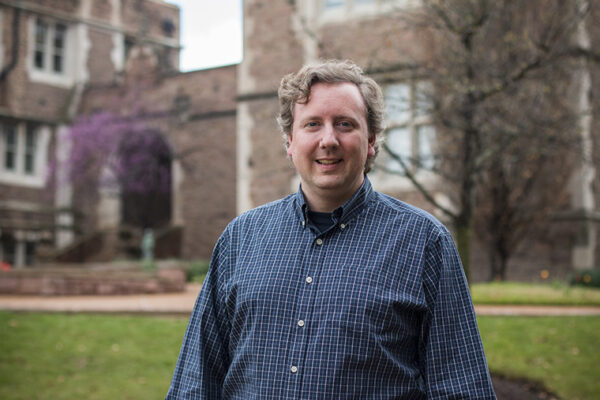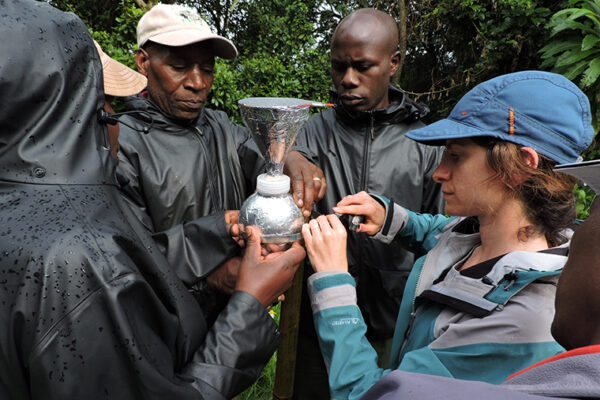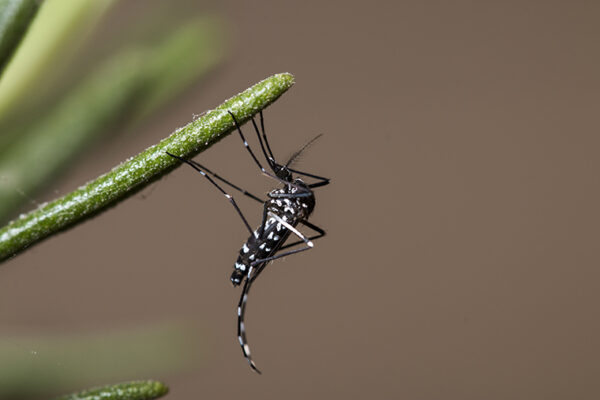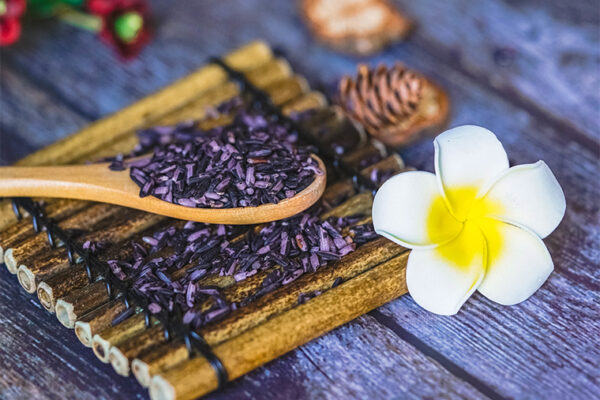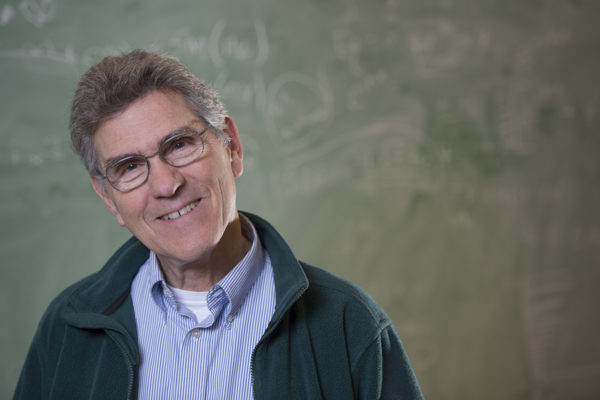Earning a bee’s wings
New research from Washington University in St. Louis shows that honey bees (Apis mellifera) develop different scent profiles as they age, and the gatekeeper bees at the hive’s door respond differently to returning foragers than they do when they encounter younger bees who have never ventured out before.
AAU grant supports STEM education efforts
Washington University in St. Louis has been awarded a $20,000 “mini-grant” by the Association of American Universities to further existing efforts to improve undergraduate education in STEM disciplines. The funding will support programming organized by the Center for Integrative Research on Cognition, Learning and Education (CIRCLE).
Three faculty members named microbiology fellows
The American Academy of Microbiology has named three Washington University in St. Louis faculty members as fellows: Gautam Dantas, of the School of Medicine, and Robert Kranz and Petra Levin, professors of biology in Arts & Sciences.
Obituary: C. David Gutsche, professor emeritus of chemistry, 97
C. David Gutsche, professor emeritus of chemistry in Arts & Sciences at Washington University in St. Louis, died Aug. 28, 2018, in Seattle. Gutsche was 97.
Obituary: Joseph Kurz, professor emeritus of chemistry, 85
Joseph Kurz, professor emeritus of chemistry at Washington University in St. Louis, died Jan. 2, 2019, at Missouri Baptist Medical Center in St. Louis County. His health had declined over the past several years. Kurz was 85.
Catalano, collaborators to explore emergence of life on Earth
NASA’s Astrobiology Program has awarded $9 million to a multi-institution team for the Earth First Origins project, led by Rensselaer Polytechnic Institute. Jeffrey G. Catalano of Arts & Sciences at Washington University in St. Louis is a co-investigator.
Understanding tropical rainfall, both past and present
A recent study in Geophysical Research Letters proposes a new way to leverage signals contained in water molecules to decode the atmospheric processes that accompany changing tropical weather and climate patterns.
WashU Expert: Mosquitoes and ticks do better in extreme cold than we do
Does this recent extreme cold snap spell bad news for mosquitoes and ticks this summer? Not necessarily. Researchers at Tyson Research Center, the environmental field station for Washington University in St. Louis, offer insight into how both insects are surviving the Polar Vortex that has gripped most of the Midwest and eastern United States.
Traditional farming preserves diversity of Thai purple rice
Purple rice is a whole grain with high levels of antioxidants — and high levels of genetic diversity, thanks to traditional farming practices, according to new research from Washington University in St. Louis.
Bender receives Humboldt Research Award
Carl Bender, the Konneker Distinguished Professor Emeritus of Physics in Arts & Sciences, has received a Humboldt Research Award. The award is given to academics whose fundamental discoveries, new theories or insights have had a significant impact on their own discipline and who are expected to continue producing cutting-edge achievements in the future.
View More Stories
